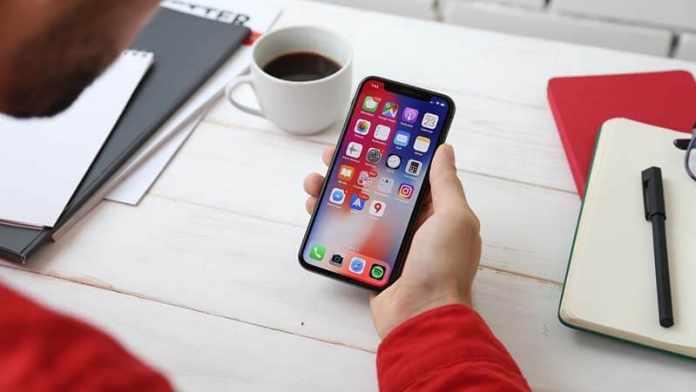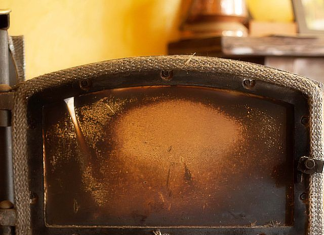Technology has now become an integral part of our daily life as we use it to connect with our relatives, surf the internet, access social media, and much more. We have reached a point where life cannot be imagined without it. Various organizations and companies are already gathering loads of data and information about their target audience. They are aware of what we are reading, what we are buying, and what we are watching. One important section of the individuals most likely to get affected by this access to critical and personalized data is the journalists. Due to their job nature, journalists are often vulnerable to cyberattacks and possible data hacks since they work on sensitive stories and investigations. Data security is essential for every journalist across the globe to report any event with passion and integrity. With the onset of technological advancements, journalists have now become more cautious and aware of the security of their data, and we can also draw inspiration from them to protect our data and improve privacy. The data security requirements that journalists need are provided for by themselves only. We will in this article discuss the best practices and all the necessary safety measures that journalists use before exploring the internet and how they securely and safely pass their information without the risk of hacking or surveillance by protecting your android phone.
Content Summary
1. Utilize a VPN to encrypt internet activity
Journalists can face restrictions and censorship concerning the internet in certain regions, stopping them from accessing websites and other resources available on the internet to report the news. To bypass these strict regulations, they can make the best use of an Android VPN on their smartphones.
VPN stands for Virtual Private Network and is mainly used by journalists to safeguard their online activity. VPN software uses a technology that masks the activity on the internet by hiding their actual IP address. VPNs have their own secure servers located in different regions across the globe to offer encrypted internet services.
2. Use Incognito or Private mode in Browsers
A data leak can happen from various resources. Journalists who handle critical and sensitive information can fall prey to their activity getting captured by the browser. The information, if it got into the wrong hands can prove to be disastrous. The solution to this comes in every browser that we use on our smartphones in the form of Incognito Mode or private mode, as many people call it. When we surf the internet in private mode, we go in completely private mode, and the browsers do not collect or record the data during that session in terms of cookies, browsing history, or form data.
3. Use Strong Passwords and a Password Manager
Passwords are the most important part of the privacy and security of data. Hackers can create a lot of chaos if they get access to your passwords for important email accounts and fire storage services. Easy and weak passwords are more vulnerable to getting cracked by malicious people or hackers as we all know them. The best practice to protect your passwords is to avoid using the same passwords for all your accounts and services. Secondly, if you find it difficult to remember the password for each service, you can use a password manager that stores your credentials in encrypted form away from the reach of the hackers.
4. Create a secure and encrypted file storage
A large part of journalist’s work is mainly stored on their laptops and smartphones. This can include multiple sensitive photographs, audio files, and critical documents. During international reporting, when journalists are required to cross borders, this information can fall prey to getting leaked, making things worse for them. Nowadays, many data encryption and cloud storage facilities offer end-to-end encrypted storage and the seamless transfer of data. Besides offering encrypted storage facilities, these services are also a cost-friendly and convenient way to securely store and access sensitive information.
5. Stay safe from IoT Devices
Journalists are constantly prone to risks involved due to the leak of sensitive data and the identities of their resources. IoT devices like smart security cameras, smart speakers, and baby monitors can also become a reason for the sensitive information getting into the wrong hands as they can be used to record your activity if you are nearby to them. Therefore, many experts advise that journalists should make sure that either there are no IoT devices present in the room or are switched off during important phone calls and video conferences to avoid any kind of cyberattacks.
Conclusion
Journalists perform the courageous task of presenting the positive news and unearthing scams and corruptions happening globally. This makes them a target for cyberattacks which can even put their life at risk.
And with the increasing involvement of the internet in journalism, protecting themselves from hackers and cyberattacks is their topmost priority. A small mistake in this regard can create a lot of trouble for them. Thanks to the technological advancements and the tips we have discussed in this post, not only journalists but everyone can protect and secure their information and data and reduce the risks one can run into.









